From Graham Thorpe To VB Chandrasekhar: Cricketers Who Tragically Died By Suicide – In Pics
The world of cricket, often celebrated for its thrilling matches and legendary players, also bears the weight of personal tragedies that reveal a darker side of the sport. Mental health struggles, though increasingly recognized today, were often overlooked in earlier times. Tragically, several cricketers have succumbed to the pressures and personal battles they faced, ending their lives in despair. This list sheds light on the lives and legacies of ten international cricketers whose stories are marked by both their on-field achievements and their profound personal struggles.
)
Former Somerset and England cricketer, who committed suicide in 2011.
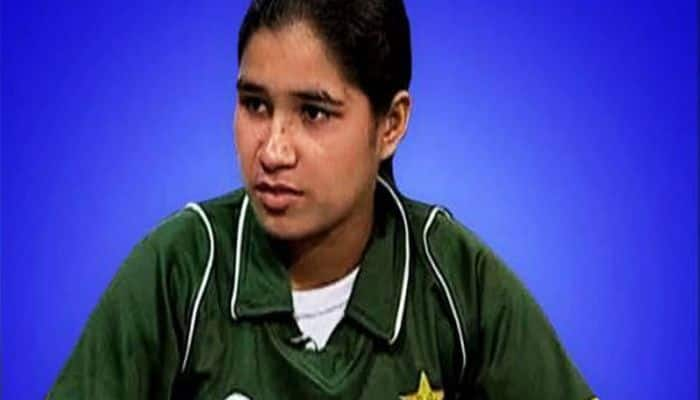
Former Pakistani women cricketer, who took her life in 2014.
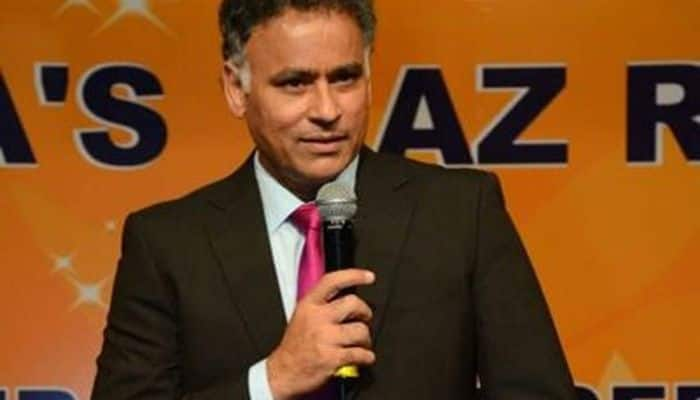
Former Tamil Nadu and Indian cricketer, who committed suicide in 2019.
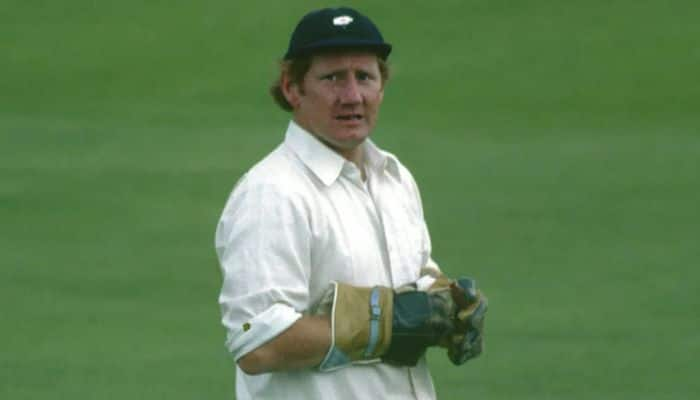
David Bairstow, a former England cricketer and father of Jonny Bairstow, ended his life in 1998 at age 46. Despite his notable career in Test and ODI cricket, he faced severe personal and financial difficulties.
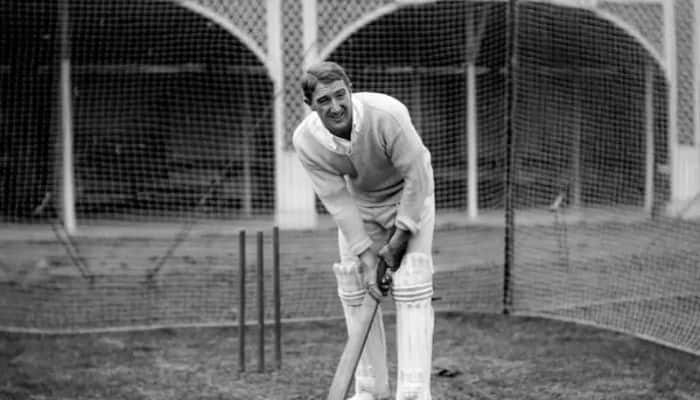
South African cricket legend Aubrey Faulkner, celebrated for his all-rounder skills, took his life in 1930. Struggling with post-cricket life adjustments, Faulkner's tragic end at 48 was a profound loss for the cricketing world.
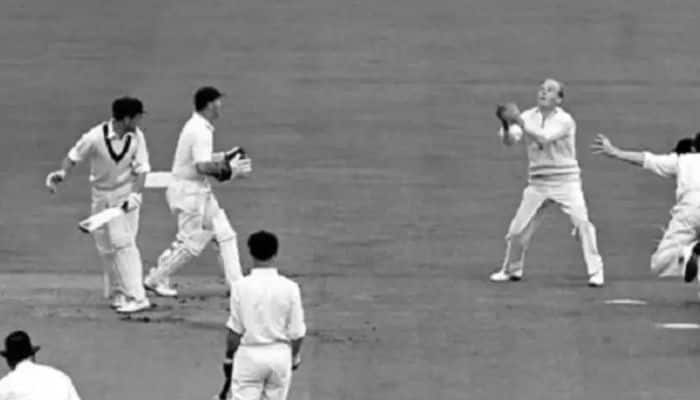
Australian cricketer Jim Burke, known for his brief but impactful career in the 1950s, committed suicide at age 54. Financial issues and personal troubles led him to a tragic end, leaving a somber mark on cricket history.
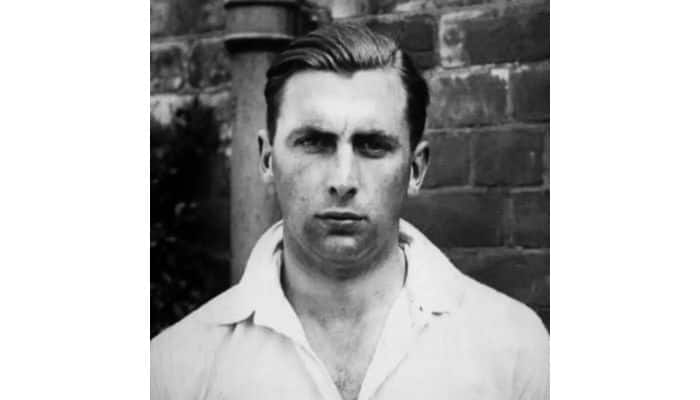
English cricketer Harold Gimblett, famous for his batting prowess, battled depression after his retirement. Despite his remarkable first-class career, he succumbed to his mental health struggles in 1978, ending his life with an overdose of prescription drugs.
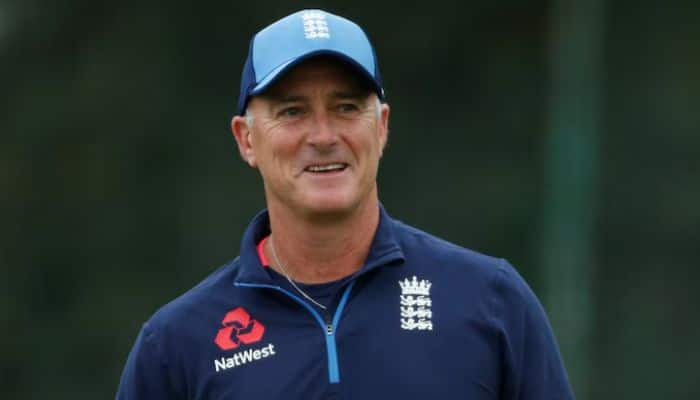
Graham Thorpe, a prominent figure in English cricket with over 100 Test matches to his name, faced severe anxiety and depression post-retirement. His tragic suicide in 2022 shocked the cricket community, highlighting ongoing mental health issues.

